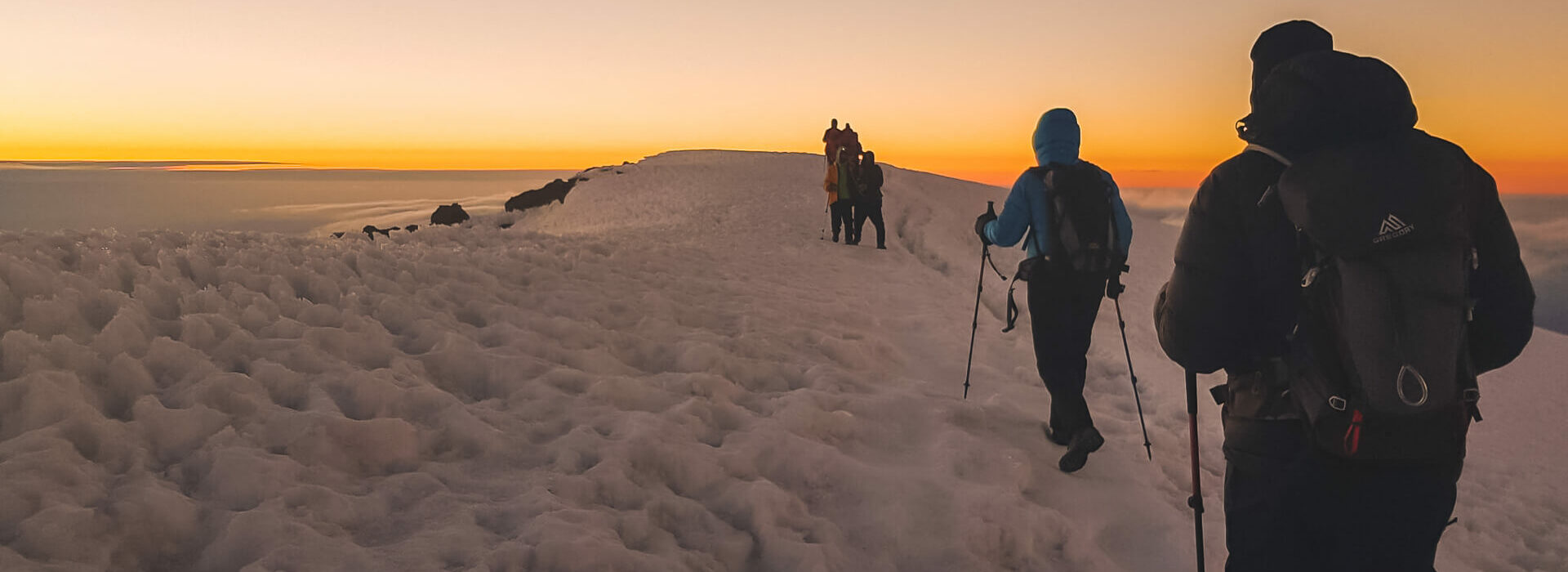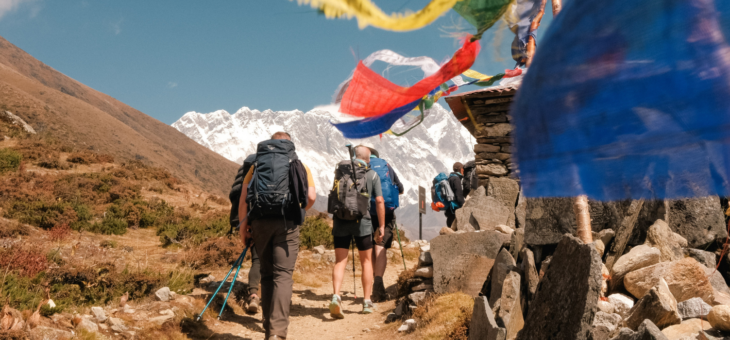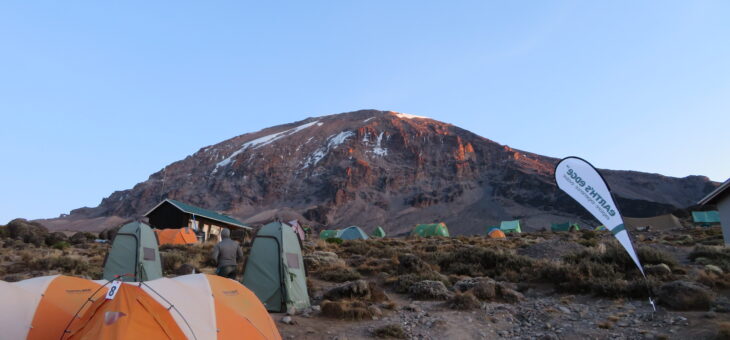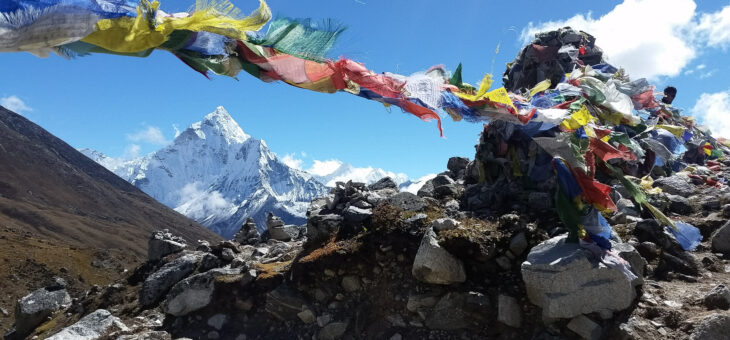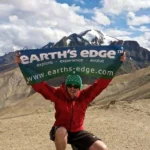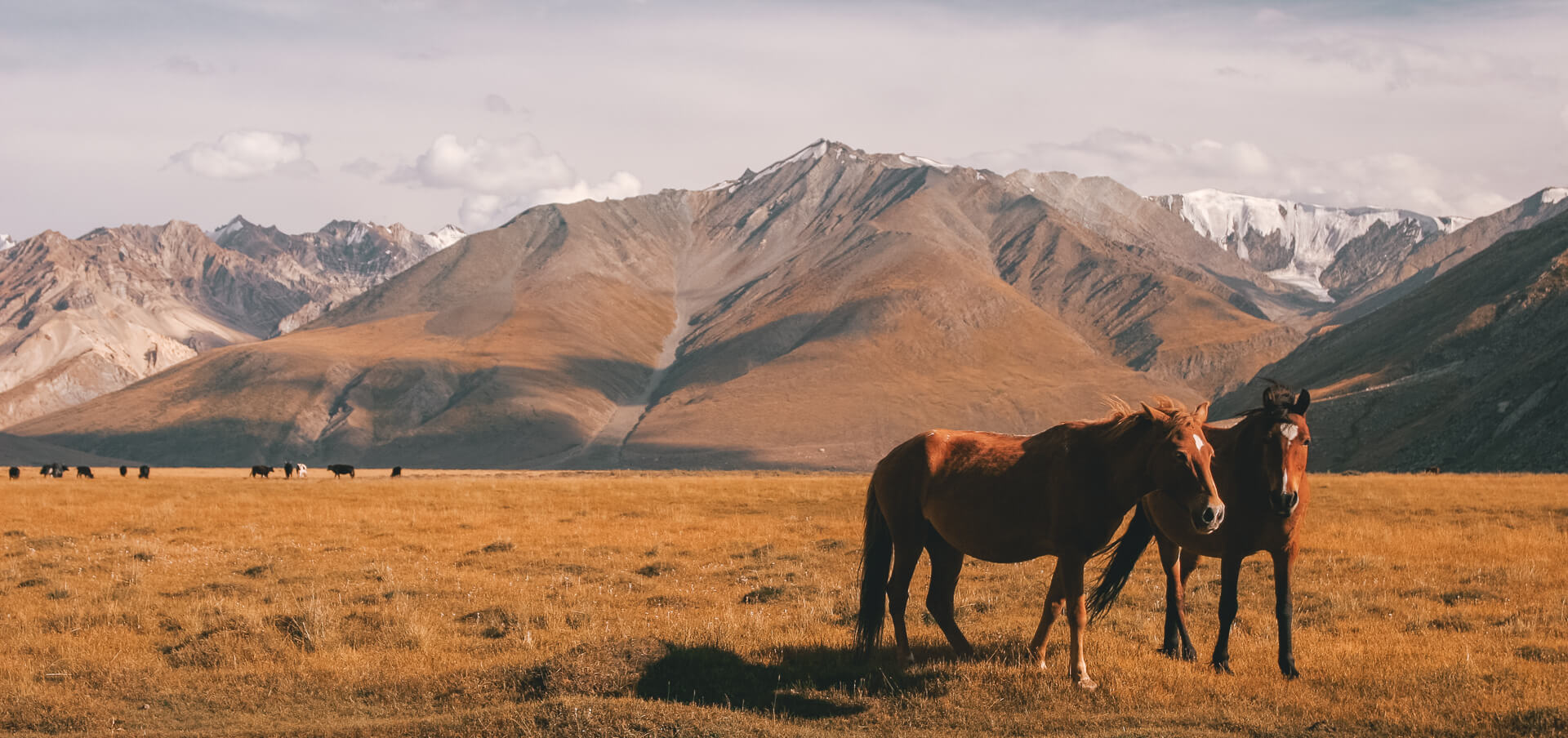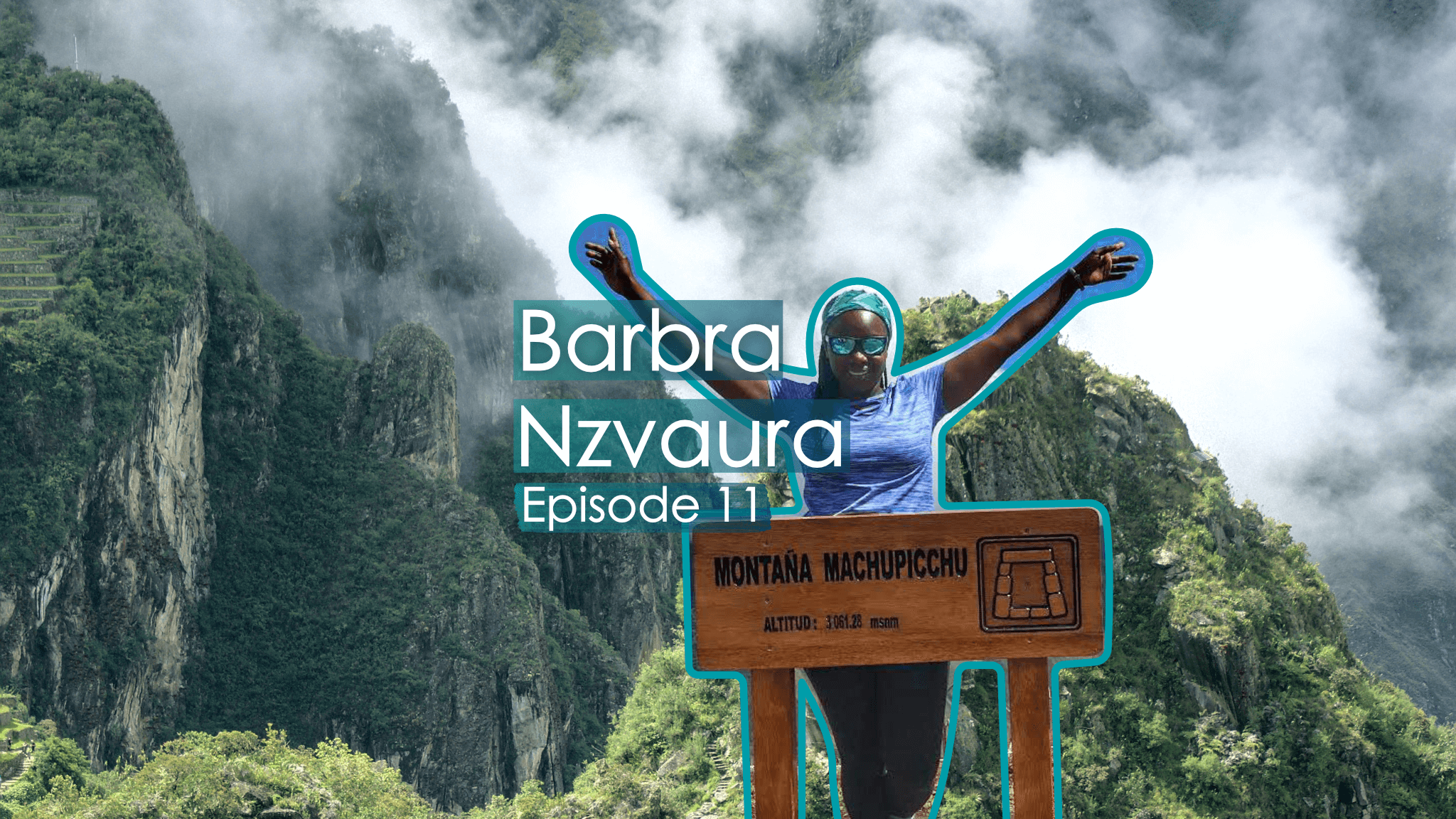
We have a fantastic guest on the podcast this week. Barbra Nzvaura worked in the head office of Earth’s Edge from 2014 to 2018. We spoke to her about her time working in Earth’s Edge, the treks that she did, and her experiences as a Black Irish woman in the outdoors industry…
Being a woman in the outdoors industry
“The outdoors is a very male dominated industry. I remember the first time I met Ainibh (one of our expedition leaders), on a course for Leave No Trace. I thought it was incredible – I’d never really seen a female instructor before. She was just incredible. I remember coming away from that course thinking I’d definitely made the right choice. I wanted to be like her.
I actually didn’t see her again for six years, then when I came to Earth’s Edge she was one of the guides. My very first trip I went on, to Kilimanjaro, she was the guide. I learned so much from her. I was just inspired by this really powerful female, who was so confident in her job. She was so inspiring to everyone she came in contact with.”
Working with Earth’s Edge
“When I finished up in Tralee (studying Adventure Tourism Management), I was still a bit lost. I wasn’t sure what I wanted to do. So I decided to move to London for a year. I was working in luxury retail, which was an experience! But I was a complete fish out of water. I realised I was really good at selling – I noticed I had a knack for it. But London is a concrete jungle, and I really love the outdoors. I found myself struggling with my mental health – I needed to see mountains and water. So I came home.
A lecturer of mine sent me the job advert at Earth’s Edge. I didn’t think I’d get it! But I thought I’d give it my best, so I came up for an interview. Five years later, I was still there!”
Her first expedition to Kilimanjaro
“God, I loved Kili! It was going back to the motherland, I was in my element. I’ve never prepared for anything as much as I prepared for Kili. To be honest, I was overly prepared! I’d spent so much time on the phone telling our customers about the trips, and what the guides and the doctors do. But to actually see it come together was absolutely amazing. I thought “F*ck, we’re slick!””
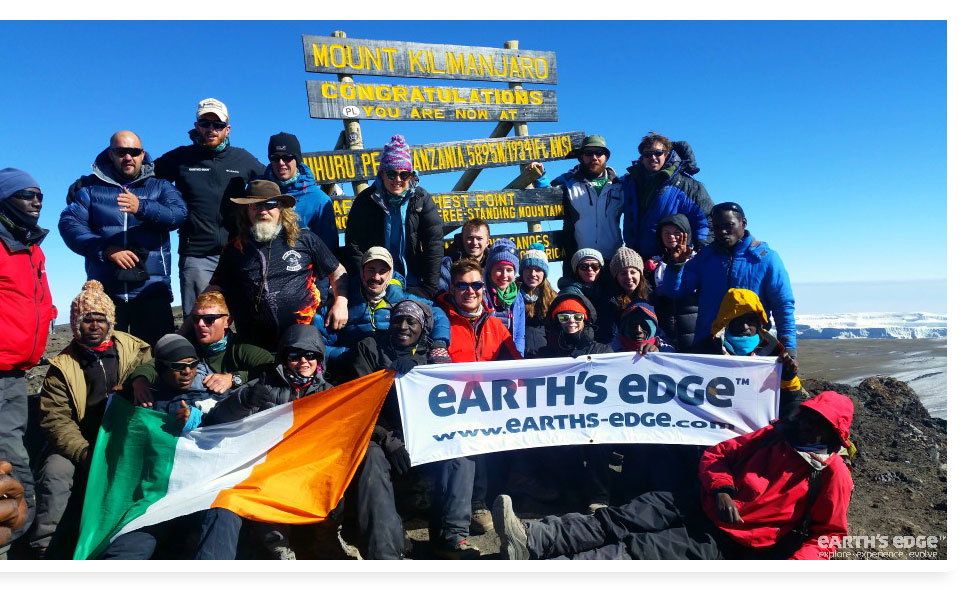
Experiencing racism as a Black Irish woman
“The Black Lives Matter movement last year had an impact, especially in Ireland. I grew up in Shannon, I found it quite difficult being Black and living in a small town. There were quite a few racist incidents that my family would have come across, and I did in school. When you’re in school, conformity is everything. You want to be part of the crowd but I stood out, because of the colour of my skin.
So that made it quite difficult to navigate my school years. I always felt like the token Black person. I never forged any deep or real friendships.
There were times where we’d literally have people ringing the house, saying the “n” word. “Go back to your own country.” “We don’t want you here.” We’d have to take the phone off the hook. Only recently enough, I was in my own house and the doorbell rang. As I opened the door, I could see some kids running away, no more than 10 years old. They’d left bananas just outside our door. It’s still something that’s happening now, 20 years later.
Why we need to have the difficult conversations
We need to be very aware that these things are happening. We can’t dismantle something that we’re not aware of. And we need to be anti-racist, anti-islamaphobia, anti-homophobic. We need to be actively pursuing this. I had a lot of conversations with my own friends last year around Black Lives Matter, where for the first time ever we really talked about race. About how racism affected me.
Some of the conversations were very uncomfortable. But we need to sit with that discomfort, and listen to people’s experiences. I’m not an expert, but I can teach you from my own experience. What I deal with on a day-to-day basis. In Ireland, we think racism is very much about someone walking around and saying the “n” word, but it’s not. There’s so much more to it.
We need to get comfortable with the uncomfortable. Last year, with the BLM movement, people putting up the black square on social media… that was such a performative gesture. There was nothing that was going to change that. What we need to start doing is changing the people around us.”
This episode with Barbra is an incredible listen. If you want to hear more about her trip to Everest Base Camp, her packing no-nos and her experience as a woman in the outdoors industry, click here to listen to the whole podcast.
